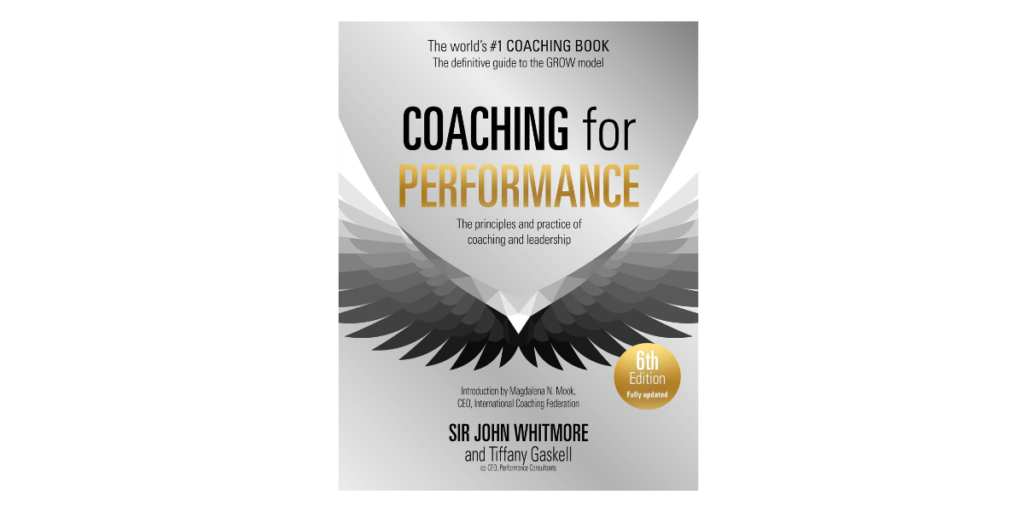Blog
Practical coaching insights for individuals, teams, and organisations.

Read articles, ideas, and proven techniques from experienced coaches and the creators of the GROW Model. Our blog offers clear, practical advice on coaching skills, leadership, building a strong performance culture, and making lasting change. Everything is based on real-world experience, not just theory.

Solutions that solve your challenges
Create high-performance cultures that stick with leadership development, coaching training, and ground-breaking measurement evaluations that drive organizational excellence.Client stories
Explore the breakthrough solutions in leadership and cultural development we’ve brought to industry-leading organizations









